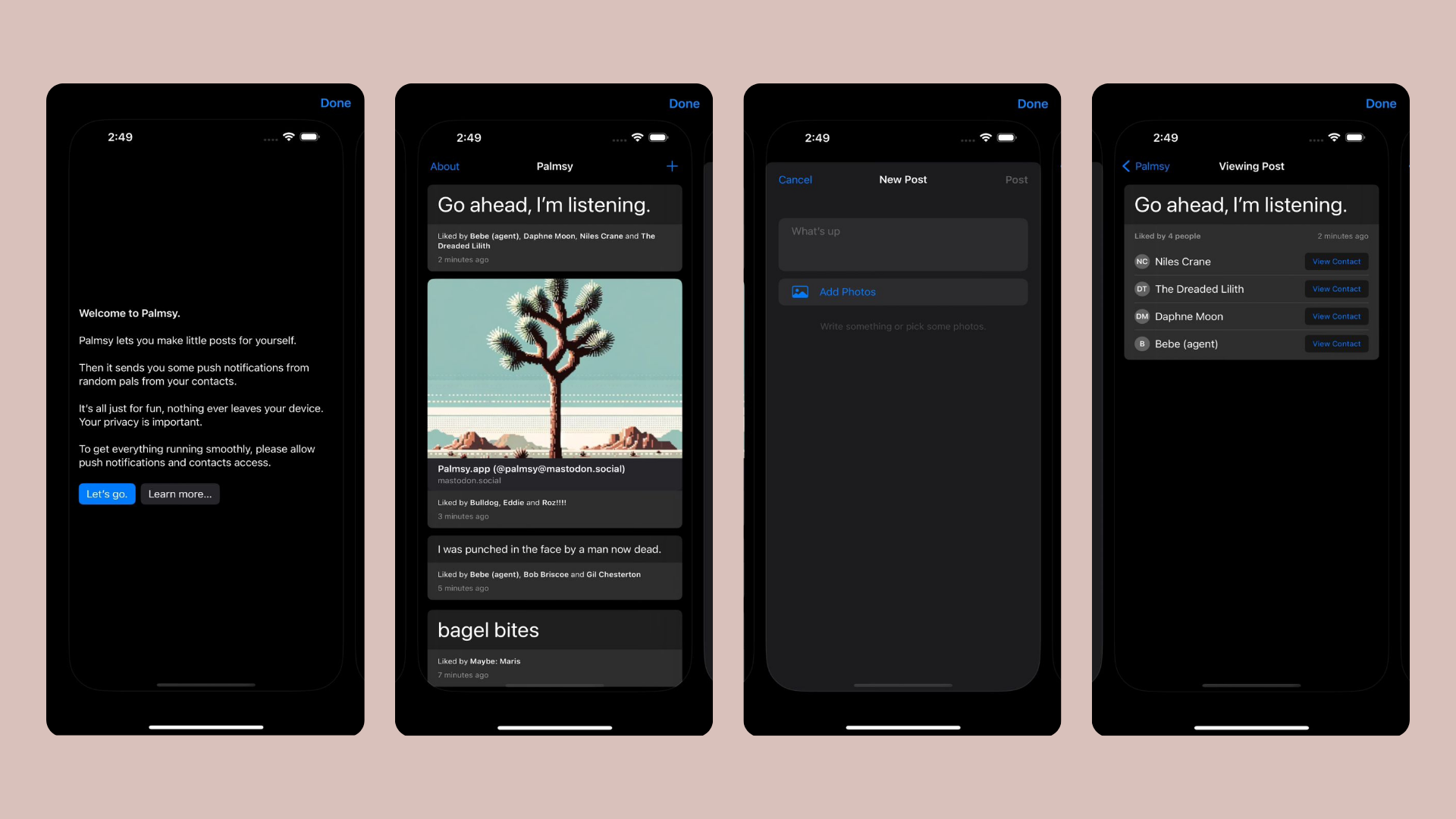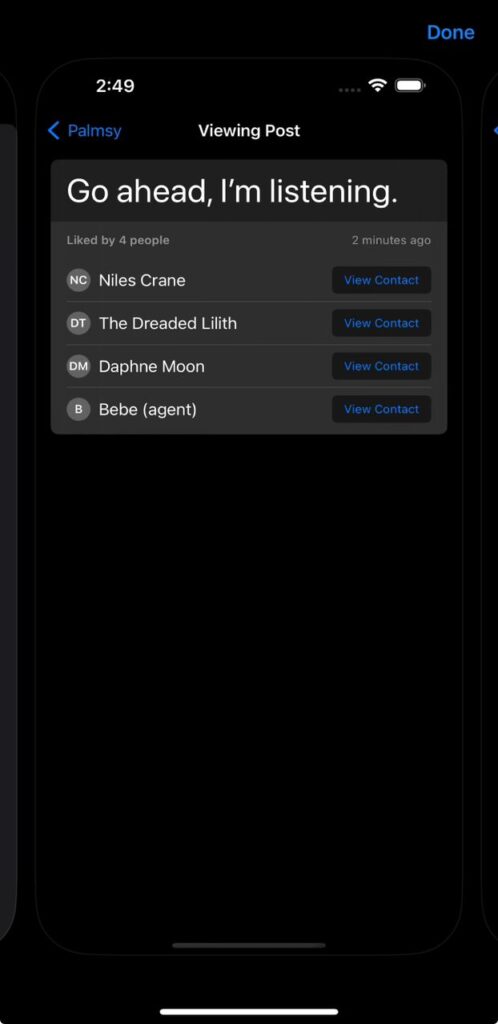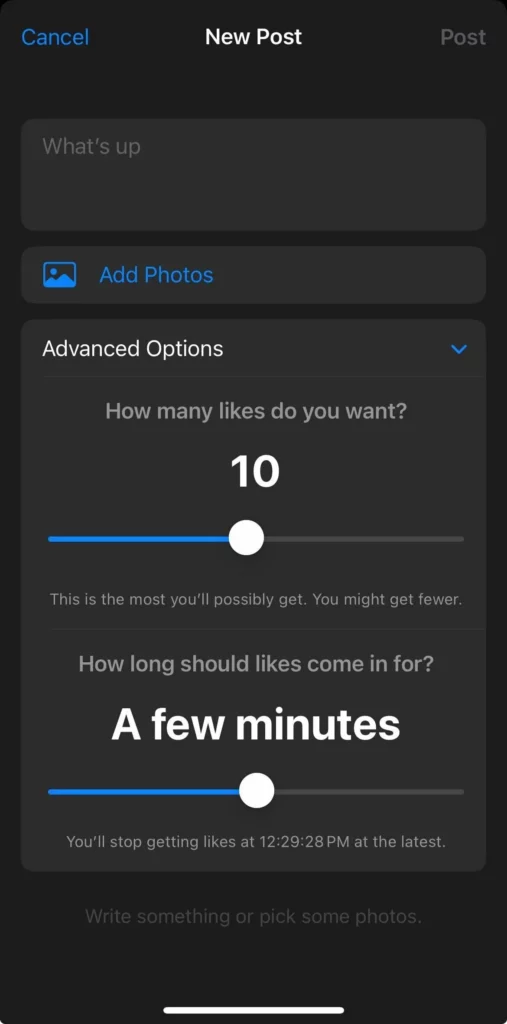
In the ever-evolving landscape of social media, where the number of likes, comments, and followers can dictate one’s virtual social standing, a new player has emerged with a unique approach.
Palmsy, a novel application designed to mimic the experience of social media engagement without the pressure of public scrutiny, offers users the chance to post content into the abyss, receiving likes that, while entirely fictitious, simulate the dopamine rush associated with real social media interactions.
This concept aims to serve as a digital detox or “social media methadone” for those looking to step back from the constant validation cycle of traditional social platforms.
How Does Palmsy Work?
At its core, Palmsy operates on a simple premise: users can publish posts and photos to their heart’s content, but these missives are destined never to be seen by another soul. Pat Nakajima, the app’s developer, revealed that the app keeps all activity local to the user’s device—no content ever departs from it, and all the likes generated are artificial.

Palmsy leverages the user’s contact list to assign these “pretend” likes, adding a layer of personal relevance to the notifications. Despite this, the app respects user privacy by not transmitting contact details to any servers, as all operations are confined to the local device. This feature adds a nostalgic twist, as Nakajima points out, allowing users to see likes from people they might not have thought about for years, and perhaps even reconsider the necessity of certain contacts in their address book.
Designed with a flexible interface, Palmsy recently introduced advanced options enabling users to control the flow of their faux social interactions. These settings allow for the adjustment of the number of likes a post can receive and the duration of this feedback, ranging from a few seconds to several days.

Beyond its primary function, the app encourages users to view it as a personal journal or a safe space for creativity and humor, free from the judgment and pressures of traditional social media audiences.
More Than Just a Social Media Platform
The development of apps like Palmsy reflects a growing awareness of the mental health implications of social media use. With studies and anecdotal evidence pointing to the detrimental effects of constant online validation seeking, there’s been a push towards creating healthier digital environments.
Palmsy’s inception can be seen as part of a broader trend of “time-limiting” apps and platforms that advocate for a more balanced online presence, such as the reintroduction of Brizzly—a platform that allows users to send messages into the void without repercussions or visibility.
A Step Towards Healthier Digital Habits
Interestingly, the arrival of Palmsy coincides with a period of reflection within the tech industry regarding the authenticity of social media experiences. In recent years, apps like BeReal have made efforts to cultivate a more genuine form of online interaction, though not without challenges.
As Engadget aptly describes, Palmsy serves as a “journaling app that offers fake likes from real friends,” providing the comforting illusion of social media engagement while safeguarding user privacy.
Available exclusively for iOS devices running version 17.2 or later, it remains to be seen how Palmsy will fare in a market saturated with apps vying for user attention. However, its innovative approach to addressing social media fatigue and addiction may offer a much-needed break for those looking to disconnect without completely powering down.
Related News:
Featured Image courtesy of Palmsy
